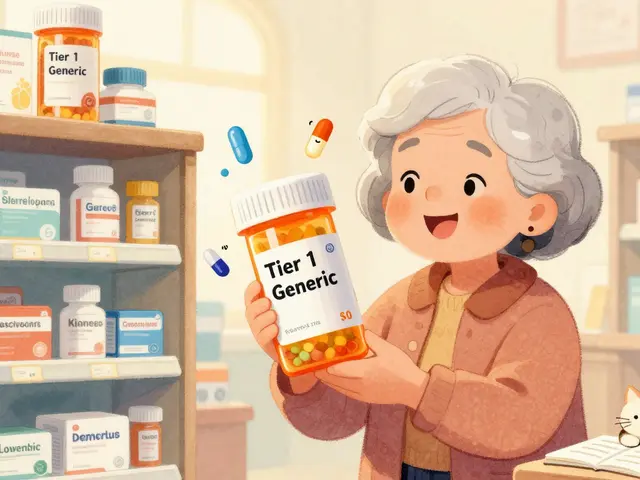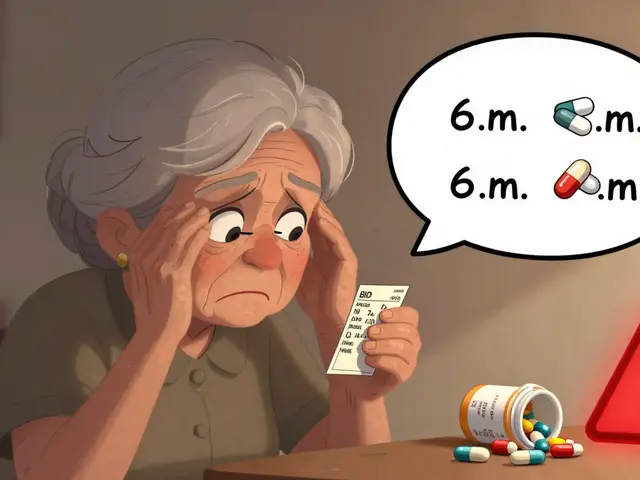
Hydroxychloroquine: What It Is, How to Use It, and What You Should Know
You've probably seen hydroxychloroquine mentioned in headlines about malaria, lupus, or even COVID‑19. It's a real drug with real uses, but the chatter can make it hard to separate fact from hype. This guide breaks down the basics so you can decide if it’s right for you and how to take it safely.
How Hydroxychloroquine Works
Hydroxychloroquine belongs to a class of medicines called antimalarials. It stops the malaria parasite from growing inside red blood cells, which is why doctors still prescribe it in parts of the world where malaria is common.
The same chemical also calms an overactive immune system. That’s why rheumatologists use it for lupus and rheumatoid arthritis – it reduces inflammation without the harsh side effects of steroids.
During the early COVID‑19 pandemic, some researchers thought the drug might block the virus from entering cells. Large trials later showed it doesn’t improve outcomes for most patients, so health agencies now recommend against using it for COVID‑19 outside a clinical study.
Safety Tips & When to Avoid
If you get a prescription, follow the dosing schedule exactly. Typical adult doses start low – often 200 mg once or twice daily – and your doctor may adjust based on blood tests that check for eye or heart effects.
Eye problems are the most talked‑about risk. Long‑term use can cause retinal damage, so regular ophthalmology exams are a must if you stay on the drug for months or years.
Heart rhythm changes (QT prolongation) can happen, especially when hydroxychloroquine is combined with other meds that affect the heart. Tell your pharmacist about every prescription and over‑the‑counter product you take.
Pregnant women should discuss risks with their doctor; the drug crosses the placenta but isn’t linked to birth defects in most studies. People with severe kidney or liver disease need dose adjustments, so never self‑medicate.
Side effects like nausea, stomach cramps, or headache are common at first but often fade as your body adjusts. If you notice blurry vision, sudden loss of eyesight, or irregular heartbeat, seek medical help right away.
In short, hydroxychloroquine can be a helpful tool for specific conditions, but it requires careful monitoring. Talk to your healthcare provider about blood work, eye exams, and any other medicines you’re taking before starting.
Got more questions? Our site offers detailed articles on dosing charts, drug interactions, and real‑world patient experiences – all written in plain language so you can make an informed choice without the jargon.
-
21 Oct

-
8 Jan

Navigating Hydroxychloroquine Usage: A Comprehensive Guide
In the dynamic landscape of medication and health care, understanding how to safely order and use Hydroxychloroquine is crucial. This article embarks on a journey to demystify the medical benefits, possible side effects, and drug interactions associated with Hydroxychloroquine. Additionally, it delineates common dosages and practical recommendations for users. Aimed at being both informative and engaging, this guide is your compass to navigate the complexities of Hydroxychloroquine usage effectively.






